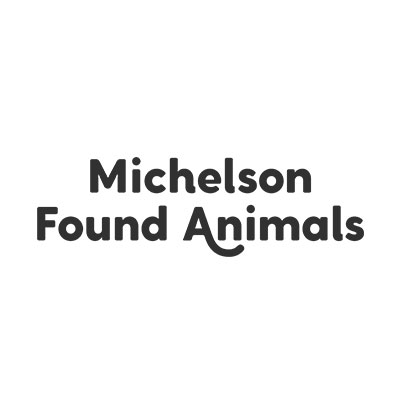The Human Animal Bond Research Institute Awards Grant to the University of Liverpool
Washington, D.C. (January 6, 2025) — The Human Animal Bond Research Institute (HABRI) today announced a new grant to research the impact of adopting small animals on pet owner wellbeing. This grant was awarded to a team of researchers led by Principal Investigator Professor Carri Westgarth, Chair in Human-Animal Interaction at the University of Liverpool.
This project will use surveys with owners of small pets to examine changes to the owner’s mental and physical wellbeing after the adoption of rabbits, guinea pigs, hamsters, rats, and mice from a shelter. Researchers will also conduct in-depth interviews with owners of these types of pets, gaining further insight into the human-animal bond and the pet adoption process.
“Current research is often focused on dog and cat ownership, and the evidence base regarding health impacts from owning small furry pets is less well developed,” said Carri Westgarth, the Principal Investigator of this study. “Our research will help uncover the impact of owning small furry pets and the experiences people have adopting them from shelters, which we hope will help shelters guide and support successful small pet adoptions.”
This study has two parts. In part one, researchers will conduct in-depth, face-to-face interviews with 30 pet owners to examine perceptions and experiences of owning a small pet on owner wellbeing. In part two, researchers will conduct a longitudinal cohort study of 450 new pet owners, following up with participants at 1-month, 3-months, and 6-months after adoption from Woodgreen Pets Charity and other shelters. This will track how the human-animal bond develops over time and measure changes in owners’ psychological, social, and physical health. Researchers expect to find adoption of small shelter pets will lead to positive changes in health outcomes, which will be further enhanced in new pet owners.
“Human-animal bond research should include all pet species,” said Steven Feldman, President, HABRI. “HABRI is proud to support research to document the benefits of rabbits, guinea pigs, and other small pets for human health and wellbeing.”
“This new research will shine a much-needed spotlight on the benefits of owning a small pet and the unique bonds people form with them,” said Fiona Cooke, Head of Specialist Services at Woodgreen Pets Charity. “This study will not only improve support for people adopting small pets from charities like Woodgreen, but will also aid our work to keep more pets in loving homes.”
About HABRI
HABRI is a not-for-profit organization that funds innovative scientific research to document the health benefits of companion animals; educates the public about human-animal bond research; and advocates for the beneficial role of companion animals in society. For more information, please visit http://www.habri.org.
Contact
Hayley Maynard
hayley@inspireprgroup.com
614-701-8205
###





